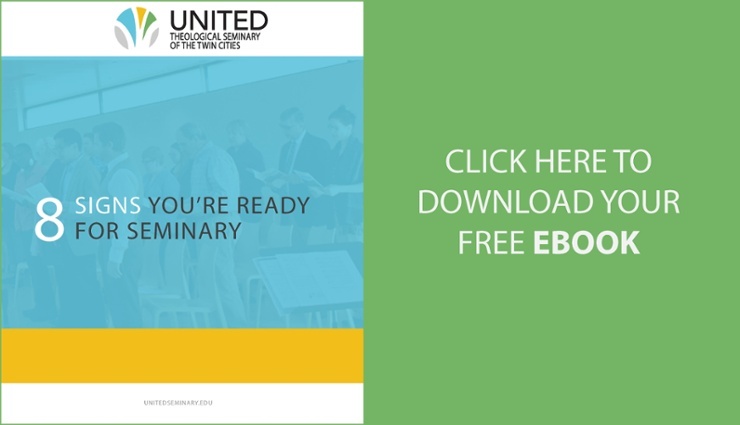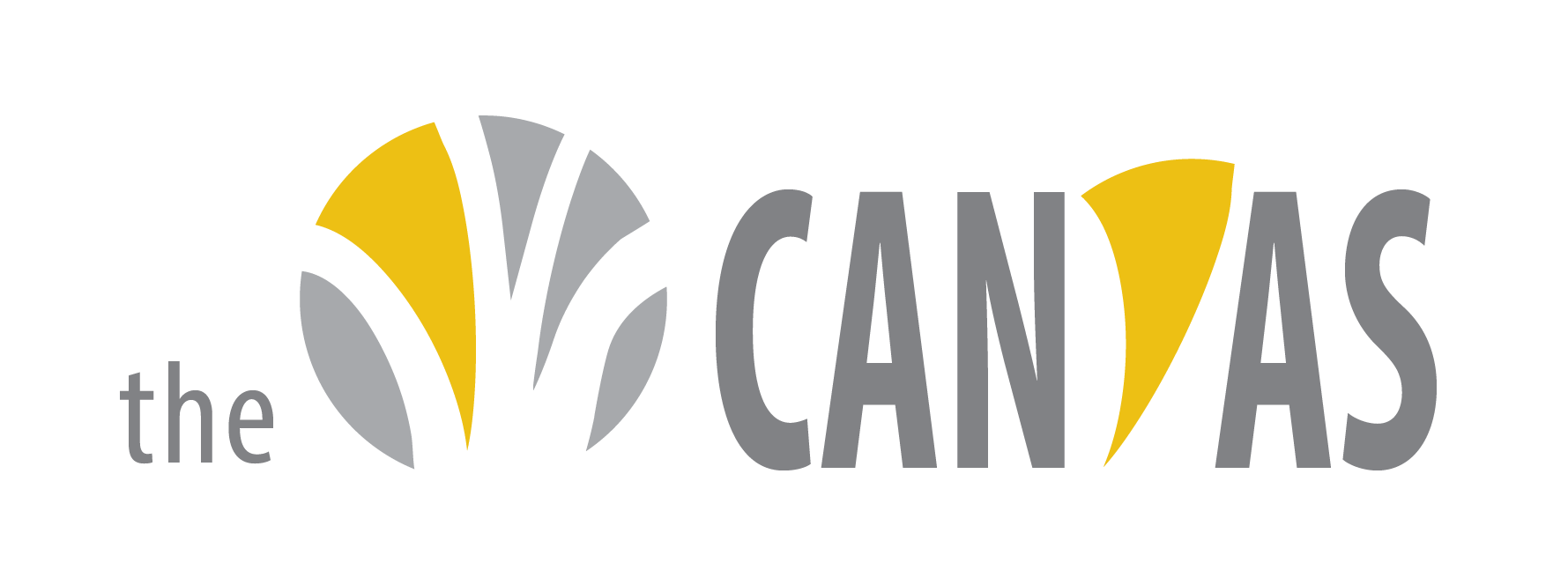"Religious Naturalism: A Theology for UU Humanists"
By Demian Wheeler
Part I
(Given at First Unitarian Society in Minneapolis, Minnesota in Sunday, July 30, 2017)
Our quote of the week comes from Carl Sagan: “A religion, old or new, that stressed the magnificence of the Universe as revealed by modern science might be able to draw forth reserves of reverence and awe hardly tapped by the conventional faiths. Sooner or later,” Sagan predicts, “such a religion will emerge” (Sagan 1994: 50). Indeed, such a religion has emerged; it is called religious naturalism. And this morning I want to suggest that religious naturalism offers a compelling theological vision and spiritual orientation for twenty-first-century Unitarian Universalists—and UU humanists, in particular. I would even wager that there is no religious environment that is more hospitable to a religious naturalist worldview than Unitarian Universalism, especially its humanist flank.
What is religious naturalism, exactly? Here is my one-sentence definition: religious naturalism is a perspective that regards nature as both exhaustive of reality and worthy of deep reverence and devotion. On the one hand, nature is all there is; there is no such thing as the supernatural. On the other hand, it is both possible and desirable to live a spiritually fulfilling existence on a completely naturalistic basis. For the religious naturalist, nature itself is capable of evoking awe, wonder, gratitude, amazement, celebration; nature itself is the object of our ultimate concerns and commitments; nature itself is sacred—i.e. vitally and centrally important and, thus, deserving of our utmost loyalty. Religious naturalism, in short, invites us to respond—spiritually, ethically, and even theologically—to the mystery, value, power, beauty, terror, and transcendent depths of this world. I will unpack this more shortly.
So, why try to forge such a strong link between religious naturalism and Unitarian Universalism? Well, for one thing, the link already exists. The UURN—The Unitarian Universalist Religious Naturalists—was founded in 2004; as far as I know, the group continues to meet annually at the UUA General Assembly. But more significantly, reverencing and caring for nature is a longstanding aspect of the Unitarian heritage, beginning with Emerson. Among the many sources of Unitarian Universalism’s “living tradition” are the “results of science” as well as the “spiritual teachings of Earth-centered traditions which celebrate the sacred circle of life and instruct us to live in harmony with the rhythms of nature.” And, of course, our Seventh Principle is “respect for the interdependent web of all existence of which we are part.” In fact, according to a 2005 report of the UUA Commission on Appraisal, it was the rise of religious naturalism as an explicit identifier that led to the adoption of the Seventh Principle in 1984. I would also venture that a sizable number of UUs, especially those of a humanistic bent, are “anonymous religious naturalists”—i.e. religious naturalists who have never heard the good news of religious naturalism or who prefer to use a different label. Maybe you are one of them!
There is another reason why I think Unitarian Universalism is a natural home for religious naturalism: Unitarian Universalism is a liberal faith. What does it mean to say that our faith is liberal? Well, it does not only mean that we tend to vote for whomever is left of the Green Party candidate. Yes, religious liberals, including UUs, typically have liberal politics. Nevertheless, the adjective “liberal” is not primarily a political designation, but a theological one. Unitarian Universalism is a liberal faith because it is historically rooted in the tradition of liberal theology.
The theological historian Gary Dorrien points out that liberal theology has been characterized by two overriding principles (see Dorrien 2001). The first is the principle of anti-authoritarianism. Truth claims in religion are validated by reason and experience, not by external authorities such as the Bible or church hierarchy. The second principle of liberal theology is integrative mediation. Early liberal theology was known as “mediating theology” because it sought a middle path between orthodox overbelief and secular disbelief, between traditionalist religion and no religion at all. For more than two hundred years, liberal theologians have argued that one does not have to choose between being modern and being religious. Liberal theologians found a third way, demanding that our theological convictions line up with contemporary values and modern knowledge, including our scientific understandings of the universe.
This is Part I of III from Demian Wheeler: "Religious Naturalism: A Theology for UU Humanists"
Demian Wheeler is Assistant Professor of Philosophical Theology and Religious Studies at United Theological Seminary of the Twin Cities. He came to United in 2015 as a Louisville Institute Postdoctoral Fellow. He received his Ph.D. from Union Theological Seminary in the City of New York, where he specialized in American liberal theology. His research and scholarship focus on the early “Chicago school” of theology and the streams of theological and philosophical thought that have flowed into and out of it—e.g. pragmatism, historicism, empiricism, and religious naturalism. Wheeler has published a number of journal articles and scholarly essays on empirical theology, religious (and ecstatic) naturalism, and process philosophy, among other topics. He is also the co-editor of Conceiving an Alternative: Philosophical Resources for an Ecological Civilization (forthcoming with Process Century Press). His first book, Religion within the Limits of History Alone: Pragmatic Historicism and the Future of Theology, is currently being reviewed by a major university press. Wheeler lives in Minnesota with his wife, Victoria, and their son, Shailer. He is a Unitarian Universalist.




Your Comments :